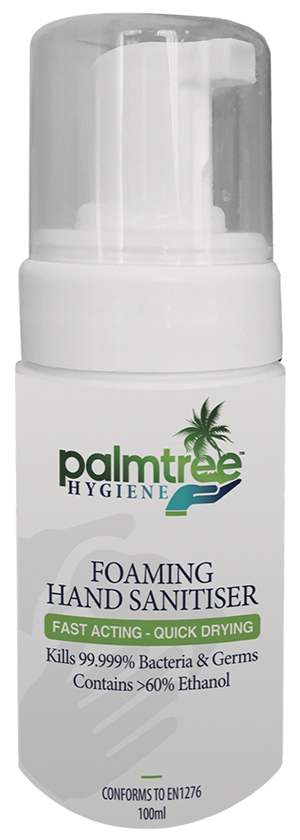by Clemence Guiraut, Coolin Soaps director
 I have a D.U.T. (Diploma in Technological Studies) in Biological Engineering, a B.Sc. in Health’s Biochemistry, and a M.Sc. in Immunology. I worked as a Research Assistant for the Research Institute of the McGill University Health Centre (Montreal, Canada) between 2015 and 2018, and for the Ste Justine Research Centre (Université de Montréal, Canada) between 2017 and 2019. I launched my company, Coolin Soaps, committed to manufacture high quality skincare products formulated with natural ingredients in February 2020. I have no conflict of interest to disclose.
I have a D.U.T. (Diploma in Technological Studies) in Biological Engineering, a B.Sc. in Health’s Biochemistry, and a M.Sc. in Immunology. I worked as a Research Assistant for the Research Institute of the McGill University Health Centre (Montreal, Canada) between 2015 and 2018, and for the Ste Justine Research Centre (Université de Montréal, Canada) between 2017 and 2019. I launched my company, Coolin Soaps, committed to manufacture high quality skincare products formulated with natural ingredients in February 2020. I have no conflict of interest to disclose.
After three weeks of continued use of the Palmtree Hygiene ‘Rose & Vanilla’ Hand Sanitiser that I was requested to assess by Environmental Science, I have reviewed different aspects of the product and summarised these below:
- The scent is very pleasant, reminiscent of baby hygiene products.
- Despite the fact that the product contains a high percentage of ethanol and isopropyl alcohol, hands feel soft and non-greasy after using this hand sanitiser. Given the fact that the product doesn’t contain glycerine, this is remarkable. In fact, I found myself using the product more than necessary as it is easy to apply and has a very pleasant fragrance.
- The foaming aspect of this hand sanitiser reduces the amount of product applied on the hands to obtain an optimal result and reduces the problem of residual gel which can soil clothes and leave marks on fabrics such as car seats. As a result, this product is more economical and easier to use than many liquid hand sanitisers.
- The product comes in a plastic bottle which can be recycled. This is an important point and matches the ethos behind the mode of production of this hand sanitiser. I would encourage customers to reuse the bottles at home, as I suspect that the ‘pump’ part of the bottle is harder to recycle that the body of the bottle. Encouraging people to reuse the bottle would extend the life of the bottle before it is discarded and make it even more eco-friendly.
- As a scientist, the mode of production of the ethanol is probably the most interesting fact about this hand sanitiser. Ethanol is made from the sap of palm trees. Other plants used to make ethanol (corn, sugar cane) must be sacrificed, but the perennial coconut palm is milked for its sap and thus kept alive during the extraction process. Therefore, the raw material used to produce the ethanol contained in Palmtree Hygiene Hand Sanitiser appears to be more sustainable than the raw material from the annual plants (corn, sugar cane) currently used in the ethanol-making industry. The sugar content of the sap is then transformed into ethanol through fermentation. Comparing the yield of each of these sources of ethanol is very interesting. While sugarcane produces 70L of ethanol per ton of raw material (D Rajagopal et al, Challenge of Biofuel: Filling the Tank without Emptying the Stomach Environ. Res. Lett. 2007) and corn produces 400L per ton of corn (D Rajagopal et al, Challenge of Biofuel: Filling the Tank without Emptying the Stomach? Environ. Res. Lett. 2007), certain strains of palm tree can produce up to 715L of ethanol per ton of raw material (S Puangpee, S. Chongkhong, Optimization of Nipa Sap Preparation for Ethanol Production, 2016). The high ethanol yield of sap from palm-tree and its perennial use makes it an eco-friendly alternative to other sources of ethanol using annual crops.
To conclude, ethanol derived from coconut palm sap appears to be a sustainable source of ethanol that make this Palmtree Hygiene ‘Rose & Vanilla’ Hand Sanitiser very interesting. This industry could sustainably support developing countries by employing Nigerian workers and safeguarding the palm trees used on-site.
T +353 83 106 0944
info@coolinsoaps.com
www.coolinsoaps.com
